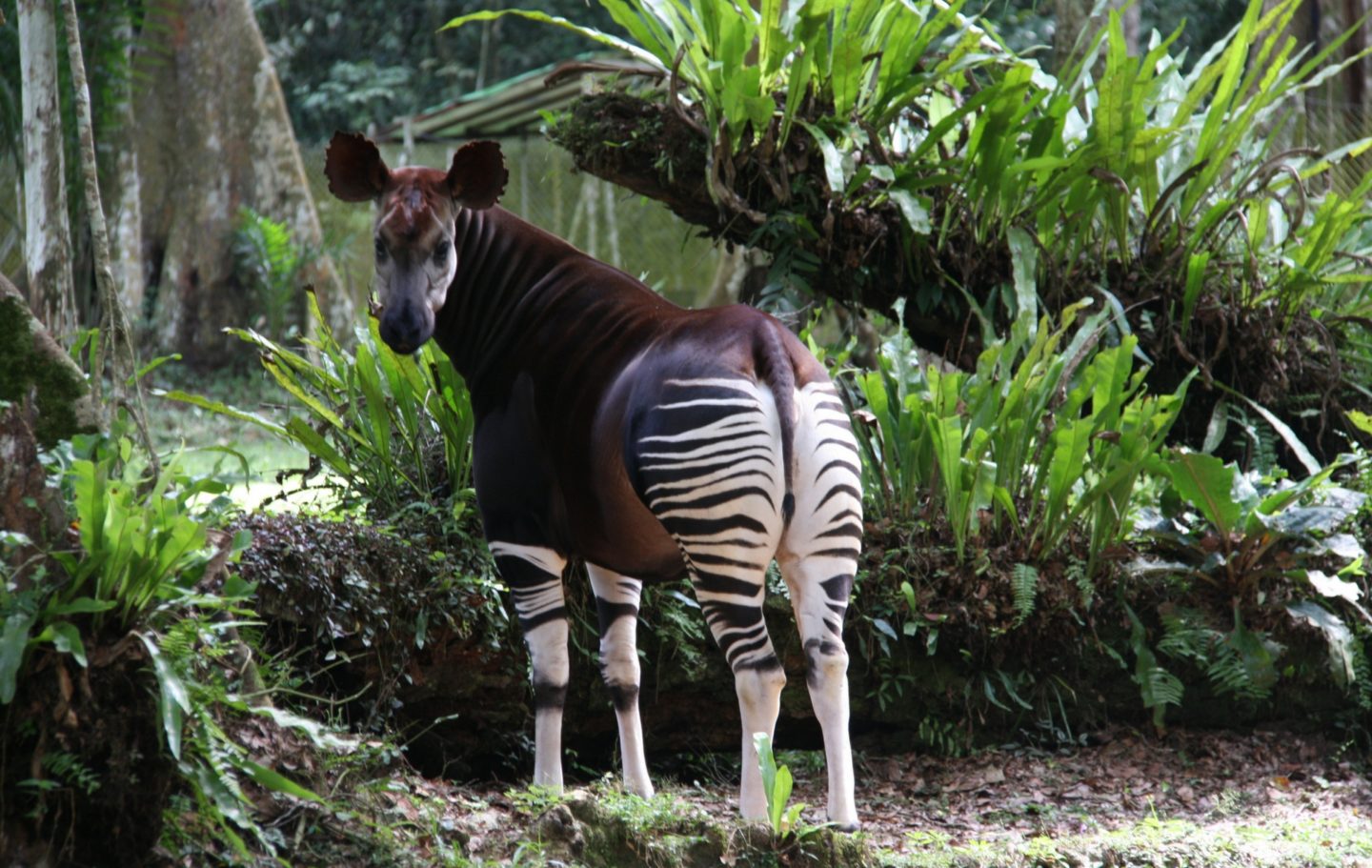
Throughout the COVID-19 crisis we have remained in regular contact with our partners, who continue to struggle with the impact that the loss of tourism and donor income has had on their work. Across the continent, they have had to cut their budgets, reducing staffing and salaries, prioritising law enforcement, and postponing development projects.
Maintaining our support towards salaries and operating costs of our project partners has been our immediate priority, and funds raised through Tusk’s Crisis Appeal to date, the Virtual Lewa Safari Marathon, and more recently Ride 4 Rangers and the Wildlife Ranger Challenge are providing a meaningful lifeline to the men and women working on the frontline of conservation.
Nevertheless, with little chance of local economies or tourism recovering for a long time, Tusk’s partners are expecting 2021 to be the hardest year yet. Furthermore, it is all the more regrettable that many community and education activities remain on hold, as local communities are no longer receiving their share of tourism income, and people are losing their jobs and livelihoods. The restrictions have prevented engagement between conservationists and communities, compromising hard-won trust with local people.
As feared at the start of the crisis, more and more areas are reporting increases in local bushmeat hunting as people struggle to make ends meet. Habitat encroachment and clearance for farming, tree felling and artisanal mining are being reported, and there are even fears that the degazettement of protected areas could follow. It’s being seen as the most serious wildlife conservation challenge for decades, and with habitats and wildlife populations already under great pressure, it could result in further population declines, and even local extinctions of some species*.
We are incredibly grateful to everyone who has already given generously since the crisis began, but we still need more to ensure our conservation partners can continue their critical work. Please give what you can to the Tusk Crisis Appeal to help secure a future for African wildlife.
The following case studies are representative of the range of experiences from across Africa, of how both people and wildlife have been seriously affected, and how projects have been adapting as best they can.
- In a good year, 45% of Local Ocean Conservation’s income would come from tourism related donations, and the project has therefore been under significant financial pressure. Maintaining a presence on the ground through patrols – a key deterrent to illegal activity – has had to be reduced; and as fishermen work to maintain their livelihoods, turtle poaching and illegal marine resource use has increased. There may however be a silver lining: since the unsustainable mass tourism in Watamu has dropped significantly, the environmental degradation it was causing could potentially be reversed over time.
- Coaching Conservation have stopped their formal environmental education programme, which has been engaging Botswana’s youth as future guardians of wildlife. The cessation of tourism is crippling the local economy in northern Botswana, and local bushmeat hunting has increased. Encouraging people not to eat bushmeat and to appreciate the value of a healthy ecosystem with healthy wildlife in it is more important than ever. Coaching Conservation are creating education materials to this end, changing their focus to creating widely accessible visual learning materials and teaching teachers and community leaders on the use of the new information.
- For the Okapi Conservation Project in the forests of DR Congo (above), COVID-19 is just the latest of many challenges. Having had to contend with ebola (including two active outbreaks), they are more than familiar with measures to control the spread of viruses. Most project activities have therefore continued, but the region is under great strain from the displacement of people and lockdown restrictions. People are hungry and desperate, and mining, logging and snaring have all increased. The project is doing what it can to help the local population, giving radio broadcasts on how to stay safe, and providing masks made by local women’s groups. With schools closed, the education team is using the time to develop a new radio-based curriculum.
- In Uganda, Conservation Through Public Health have seen an increase in local bushmeat hunting now that tourists are no longer coming to see the mountain gorillas and support the local economy, and since anti-poaching activities have been reduced. As well as a steep increase in the number of snares found inside the Bwindi Impenetrable National Park, at the start of June, the silverback gorilla Rafiki was killed by a poacher who was targeting other species. He must have disrupted Rafiki’s group and claims to have killed him in self-defence. There are also very grave fears that the gorillas could contract COVID-19 from humans, and push them to the brink of extinction. CTPH are part of the COVID-19 task force, which has convinced the government to improve standards for gorilla management and to test the park staff, as they are the interface between gorillas and tourists when they return. CTPH’s village teams have meanwhile been teaching communities on the rules and use of PPE, and are looking at ways of reducing their dependency on tourism, for example by increasing coffee production and distribution, including within the UK.
Please support these efforts and more through the Tusk Crisis Appeal.
* Lindsey, P., Allan, J., Brehony, P. et al. Conserving Africa’s wildlife and wildlands through the COVID-19 crisis and beyond. Nat Ecol Evol (2020).
